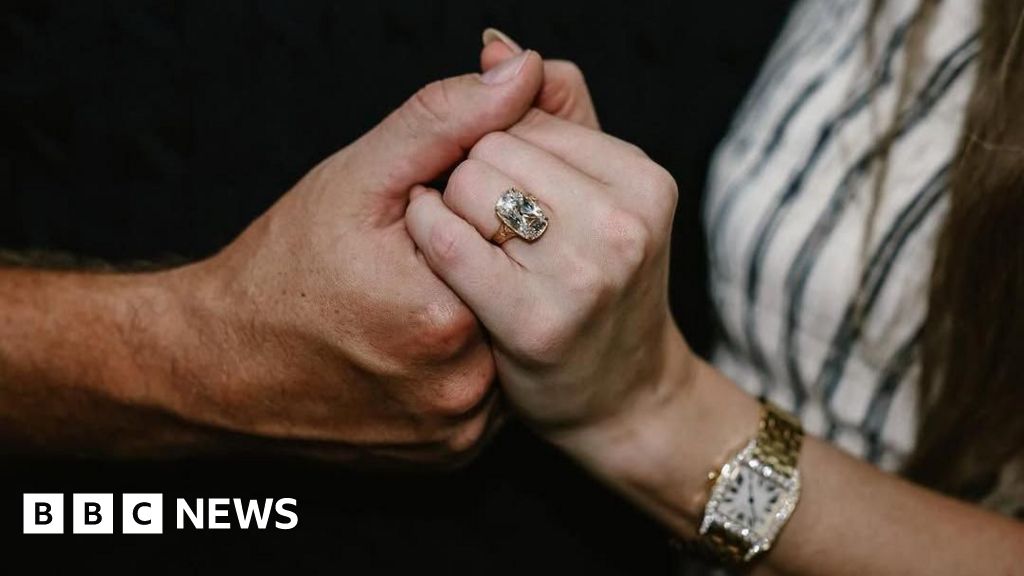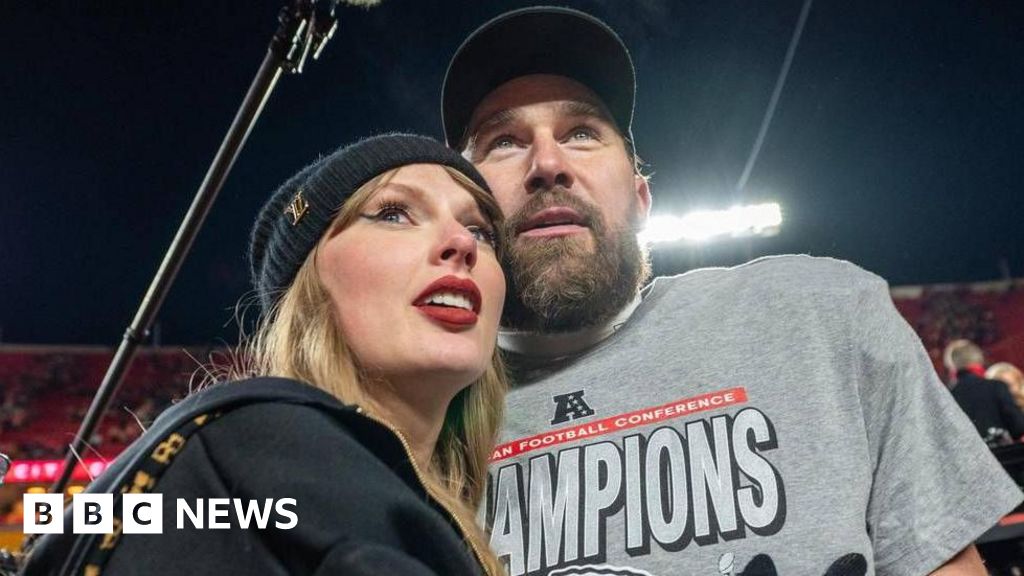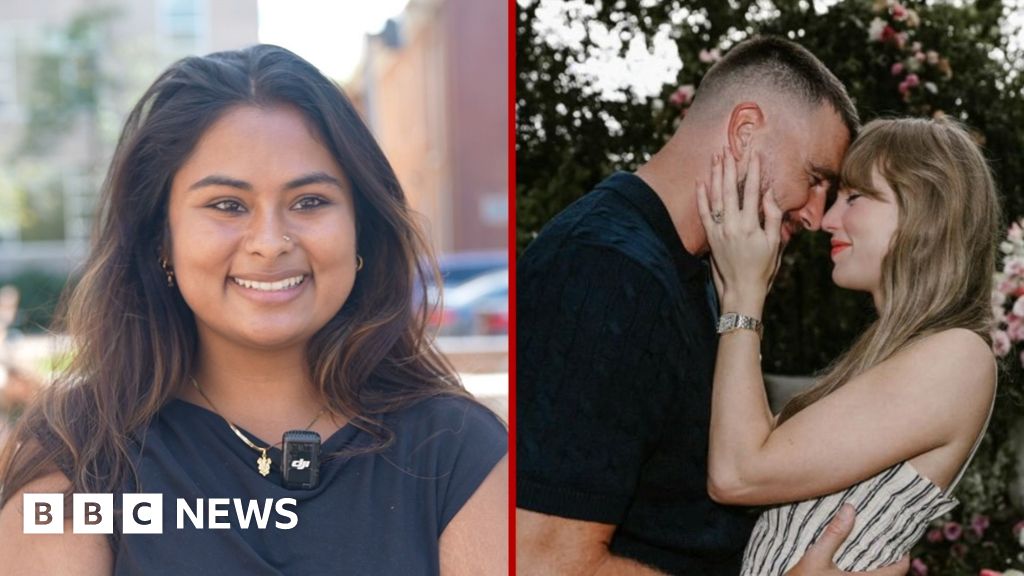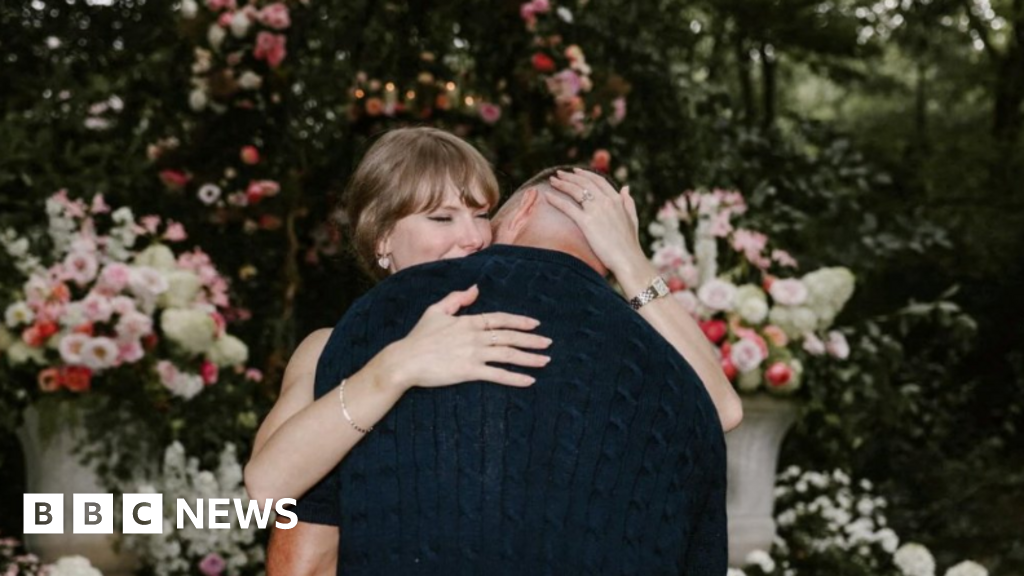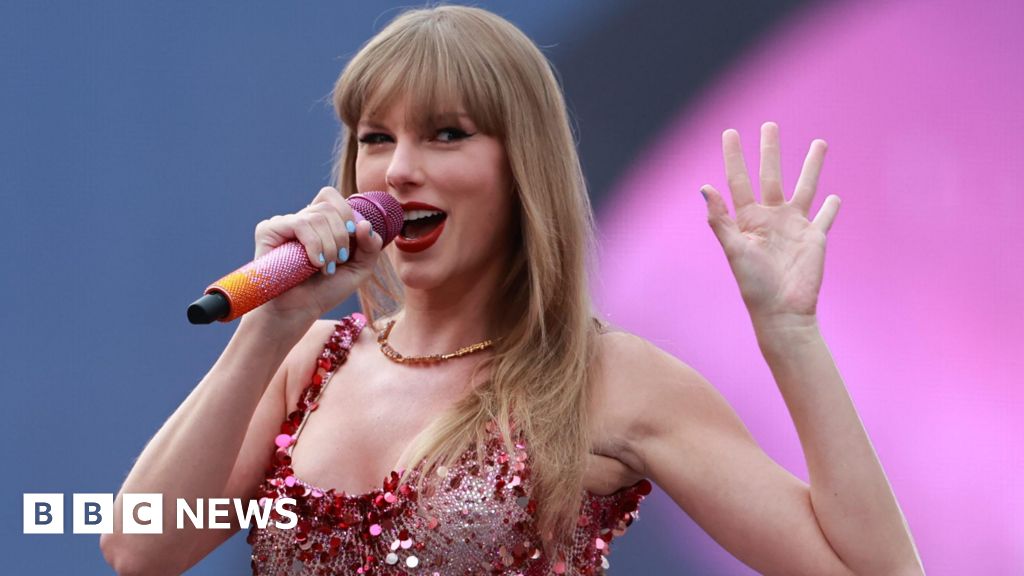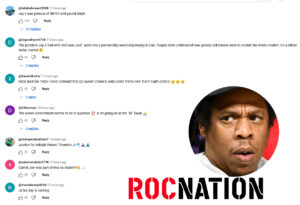Swift's battle for ownership began when her former record label, Big Machine, was sold to music manager Scooter Braun, who acquired her master recordings, igniting a fierce dispute. Following the news, Swift committed to re-recording her works to regain control, successfully releasing four re-recorded albums to date. In her recent update, she revealed her ongoing efforts to complete the re-recording of 2017's "Reputation," a task she has found particularly challenging.
Ownership of her masters allows Swift to control how her music is distributed and licensed, including for films and commercials. Although the exact amount paid to acquire her music remains undisclosed, estimates suggest it could range between $600 million to $1 billion. Swift's fight for artistic ownership has inspired many in the industry, reflecting her commitment to championing musicians' rights.
As Swift reflects on this significant victory, she also acknowledges her fans' unwavering support throughout this journey, emphasizing the importance of their role in reuniting her with her art.
Taylor Swift’s ongoing evolution as an artist serves as a powerful reminder of the significance of ownership in the music industry.
Ownership of her masters allows Swift to control how her music is distributed and licensed, including for films and commercials. Although the exact amount paid to acquire her music remains undisclosed, estimates suggest it could range between $600 million to $1 billion. Swift's fight for artistic ownership has inspired many in the industry, reflecting her commitment to championing musicians' rights.
As Swift reflects on this significant victory, she also acknowledges her fans' unwavering support throughout this journey, emphasizing the importance of their role in reuniting her with her art.
Taylor Swift’s ongoing evolution as an artist serves as a powerful reminder of the significance of ownership in the music industry.




